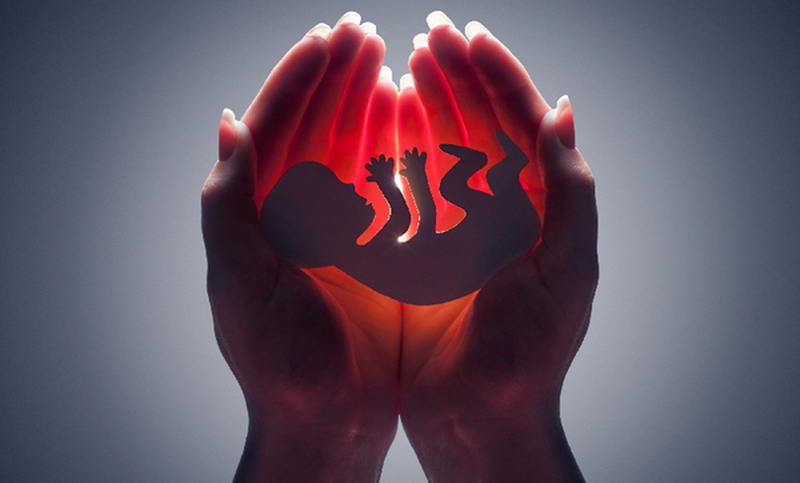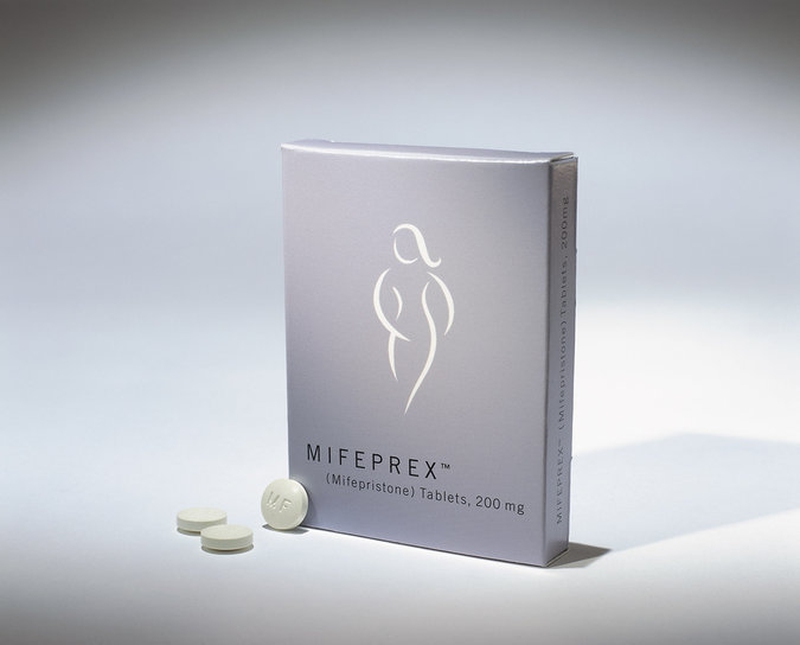Abortion is the termination of pregnancy. There are different ways to perform an abortion. It could be a medical abortion (by using some pills), surgical abortion, hysterotomy, dilation and extraction etc,. Whatever procedure you have undergone, it will disrupt the hormonal status you had when you were pregnant. This whole disruption can also result in no period after abortion. Every woman has her own internal system and it would take time in getting body’s natural hormonal patterns back to normal.

When Should I Expect My Period to Come after Abortion?
The time of ovulation and periods after abortion varies in every woman. Your period can be expected as earlier as two weeks after the abortion. In some cases, it takes months. There are some factors involved in determining the timing of your next menstrual cycle. These may include the stage of your pregnancy at the time of termination and other hormonal variations.
The duration may expand to 4 to 12 weeks if the procedure was carried out in the first trimester of pregnancy. But if it was a termination performed in the later phase of pregnancy, you should expect some delay in periods.
What If My Period Doesn’t Come?
A delayed period after abortion is a normal occurrence. Abortion is a complicated process and it leaves your body with a lot of pregnancy hormones that take several weeks in tapering off. As long as these hormones are present in your body, it will keep suppressing the ovulation process, which is why you are going to have your periods delayed or irregular. So, instead of worrying about no period after abortion, waiting is the right option.
When to Worry?
Normally, this whole procedure is not considered health-risking. But a few conditions make it necessary to consult your doctor. Firstly, if there are no signs of periods even after 8 weeks of abortion. Secondly, if your first period after SURGICAL abortion is heavier (with passing of clots and tissues with cramping) and longer. And if the discharge comes with a foul smell, that means there is something wrong.
Note: For women who undergo a terminated pregnancy with a medical procedure, their first period after it is likely to be longer and heavier.
Could It Be An Unsuccessful Abortion?
An unsuccessful procedure of pregnancy termination can be a big reason of no sign of period after abortion. If it is more than 8 weeks and you are still having the symptoms of pregnancy plus fever (over 100.1 F), it’s time to get immediate medical assistance. Fever can be the indication of some infection inside you. You are very likely to have some remaining products of conception inside your uterus. To get that removed, you’d have to undergo another surgical procedure.
What I You Are Pregnant Again?
You can’t overlook the chance of pregnancy if you are not having periods. To get that checked, you can have a couple of pregnancy tests at home (only after 8 weeks). If you do that earlier, the remaining hormones of the previous pregnancy would give a positive result each time.
Once you have crossed eight weeks, do a couple of urine tests at home (with the gap of a week). If your second test displays a darker result as compared to the first one, there are great chances of you being pregnant again.
Note: The ovulation cycle gets started about a week after the abortion. So, there are great chances of getting pregnant again. If you don’t want another pregnancy, opt for a birth control procedure right after the abortion.
Other Possible Reasons of No or Delayed Period
There could be an array of reasons behind no period after abortion, which can be determined only after a detailed checkup. The basic reasons could be:
A prolonged or slowed healing process by your body.
Abortion can leave traumatic effects on you and you may end up in a stressful condition. Stress causes upheaval in the natural hormonal balance of your body. And it may disturb the normal functioning of your menstrual cycle. So, this can also be a big reason behind a delayed period.
Sometimes, the health disorder like PCOS (Polycystic Ovarie Syndrome), can also be counted as a reason behind it.
Abortion can turn off the natural hormonal activity in the body. And you have to undergo some medication to reactivate the hormonal functioning.
More Important Things to Know after Abortion
Even after your period gets regular, you will keep on experiencing some changes in your body. First few periods after abortion are quite critical. In some cases, women tend to experience these changes for the longest period of two years after abortion. You may also face the common pregnancy symptoms like swollen breasts and fatigue after abortion. Other symptoms like clotting and post menstrual syndrome are quite normal after abortion.
Cramping after abortion can be intense. Using hot water bottle or hot pads can relieve you to some extent. If the pain exceeds to an intolerable level, using Tylenol and Ibuprofen can work for you. In case of having heavy bleeding, using maxi pads should be preferred over tampons (for about 4 to 8 weeks).
Women who have been through a D&C procedure should give a gap of at least a month before trying to conceive again. This gap is advised to give ample time to the uterus to get healed up.
You are advised to use some protection while having intercourse in the first few weeks after abortion.
Give your body complete rest and care after an abortion. Avoid the tasks that are fatiguing for body, especially, running, aerobics and lifting of heavy items. Consult your doctor to know more about it.
Eat healthy diet, intake a lot of fluids and get as much sleep as possible.
Don’t have bath in tubs or swimming pools for two weeks at least.
You will have different amount of bleeding in each menstrual cycle. Sometimes it would be less and sometimes increased. And sometimes there would be no period after abortion. It should last no longer than a month. In some cases, it can cross the limit of a month. If anyone faces such situation, she must consult her doctor about it.
Do not use the stuff like marijuana, alcohol and aspirin. These may increase the bleeding.
Don’t opt for any medication without consulting the doctor.
It’s a stressful time and you need emotional assistance. Share your traumatic feelings with someone close to you.


View All Comments /Add Comment